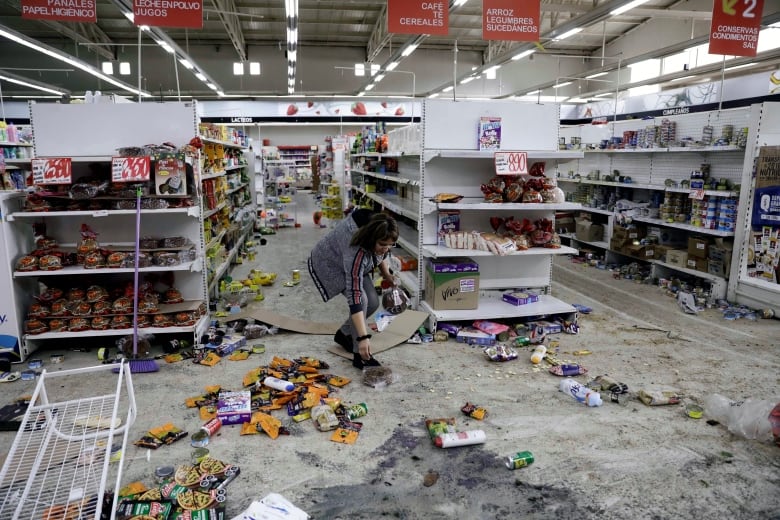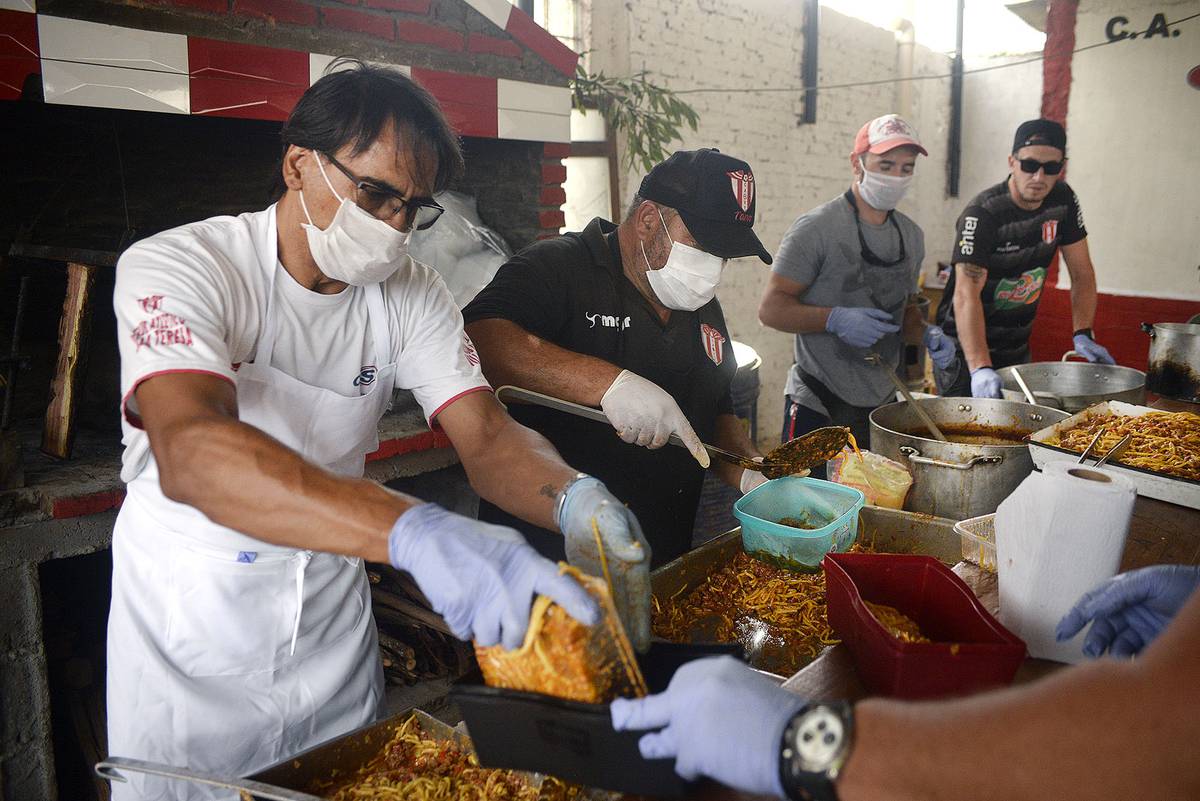RIO DE JANEIRO, BRAZIL – In most Latin American countries there was looting in the first week of quarantine. Uruguay is an exception, with unions, grassroots committees, football clubs, and neighborhood associations organizing soup kitchens across the country.

In Colombia‘s La Guajira province several supermarkets have recently been looted. The police and the Esmad counter-insurgency unit protected stores, but caused panic among shoppers. Elsewhere, groups of people stopped food trucks and emptied them.
Many motorbike taxis, the most common means of transport in Colombia, helped with the actions. They are part of the country’s causal sector, which is a hand-to-mouth existence throughout Latin America and accounts for more than 50 percent of the working population.
Those who depend on “making money” each day with some kind of job on the streets are affected by the quarantine. For them, there is neither unemployment insurance nor health protection.
On the Colombian side of the border with Venezuela, there were also riots and looting. Food trucks were emptied. A significant part of the population lives from smuggling and from buying and selling subsidized Venezuelan products on Colombian soil. The border closures have affected these people severely.
In Peru, panic broke out in a number of supermarkets when the police tried to arrest alleged looters among the stockpilers.
Mexico is particularly affected by organized raids. However, according to official statements, these attacks do not involve the appropriation of food or basic needs items.
Rather, groups of people gather through Whatsapp, and then collectively raid stores with expensive electronics or household appliances. Televisions and microwaves are particularly popular. They schedule the meeting place through cell phones, inspect the place and then storm the stores.
“This is a group of people who are taking advantage of the exceptional situation of the coronavirus quarantine to obtain high-value goods”, said the spokesperson for the Ministry of the Interior. “In none of these cases were food or medicines sought”.

In Chile, isolated groups raided stores, but so far only a few instances have been reported. Since the start of quarantine, the country has been plagued by a different kind of looting, which mainly affects the socially disadvantaged classes: Some companies are massively increasing the price of goods like food, toiletries, and particularly protective masks.
They are speculating on need and on the fear of infection. In Parliament, the issue led to the accusation that President Sebastian Piñeira was too slow and too stingy in his approach to social aid for the needy. The privatized health service is out of reach for this section of the population, and the coronavirus test, for instance, costs the unaffordable equivalent of 30 euros.
No attacks of this kind have yet been reported from Uruguay. The country is an example of human solidarity. Soup kitchens are springing up like mushrooms everywhere.
The trade union federation PIT-CNT, basic committees of the left-wing party Frente Amplio, sports clubs, neighborhood associations, even store and pub owners joined forces to cover the country with a network of soup kitchens within a few days.
In Montevideo alone, there are more than 20 such improvised establishments. There is experience because, during the harsh economic crisis of 2002, Uruguayans organized a similar wave of solidarity, particularly in the impoverished districts.
“Nobody is starving here,” says a veteran and swings a large ladle of pasta, ground meat, vegetables, and tomato sauce to fill the plastic bowl of a woman with two small children. In fact, this is a deeply rooted cultural tradition. Local stores provide food, bakers and butchers make daily donations.
The town halls in Montevideo’s administrative districts deliver basic foodstuffs to soup kitchens in trucks. Neighbors donate a kilo of rice, a packet of pasta or a cleaning agent. Everything here is helpful.
PIT-CNT General Secretary Marcelo Abdala said that the unions will carry crates of food to the neighborhoods where they are needed.

